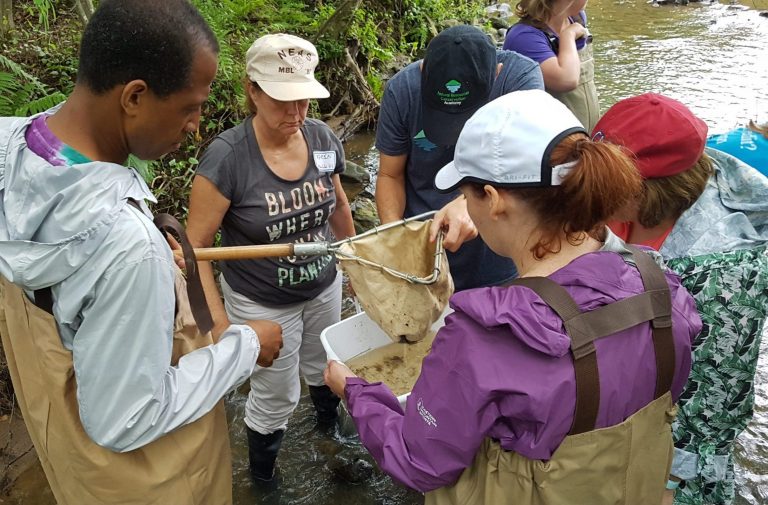Experiential Programs
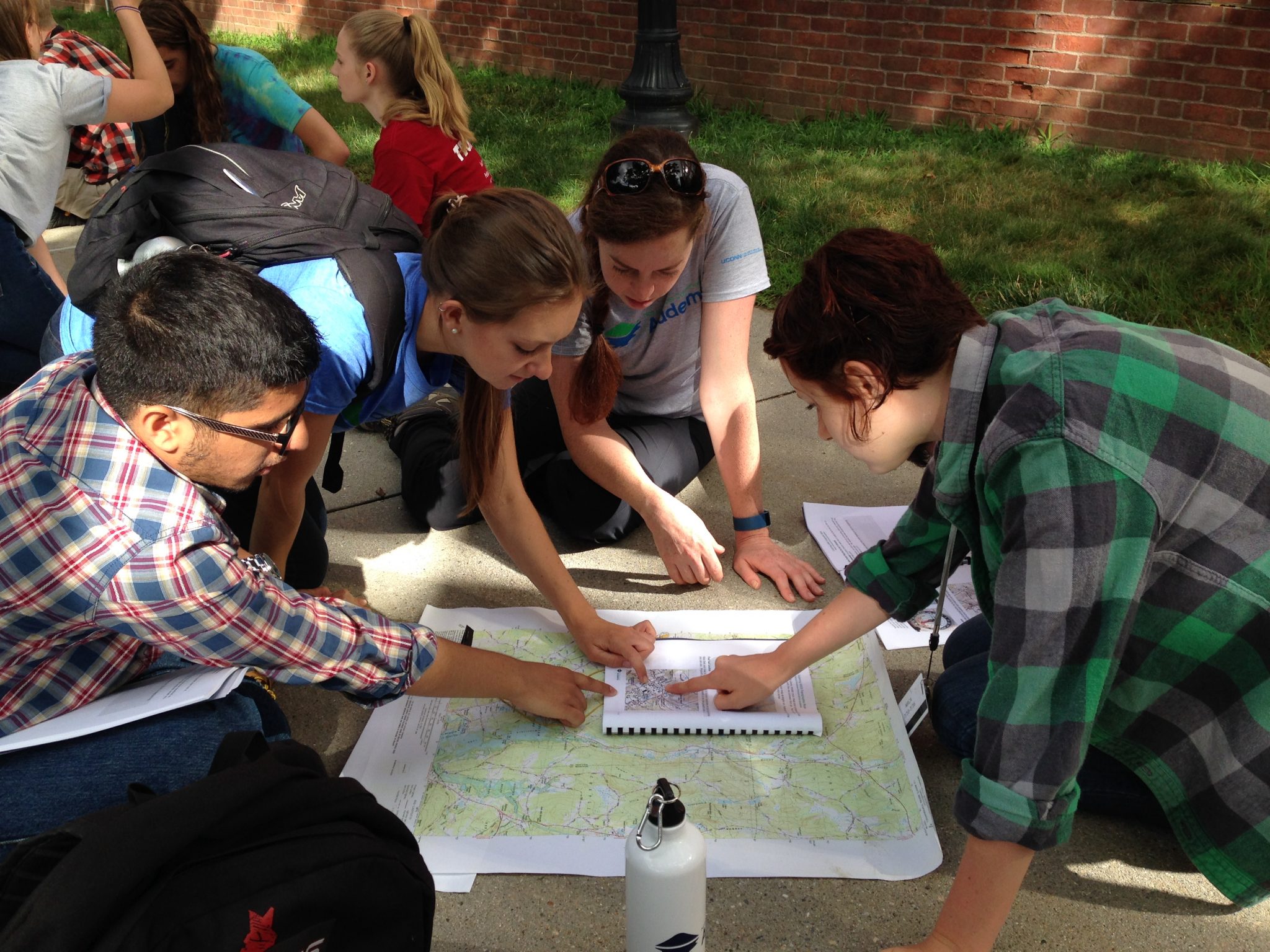
The NRCA Conservation Ambassador Program (CAP) is great for high school students (grades 9 to 11) who want to enjoy the outdoors and be a changemaker in their community. Through a summer field experience at UConn and a community environmental action project, students will explore environmental topics in a fun, exciting, and hands-on way, and receive multi-layer mentorship support and resources as they carry out a community environmental action project and contribute to real community solutions!
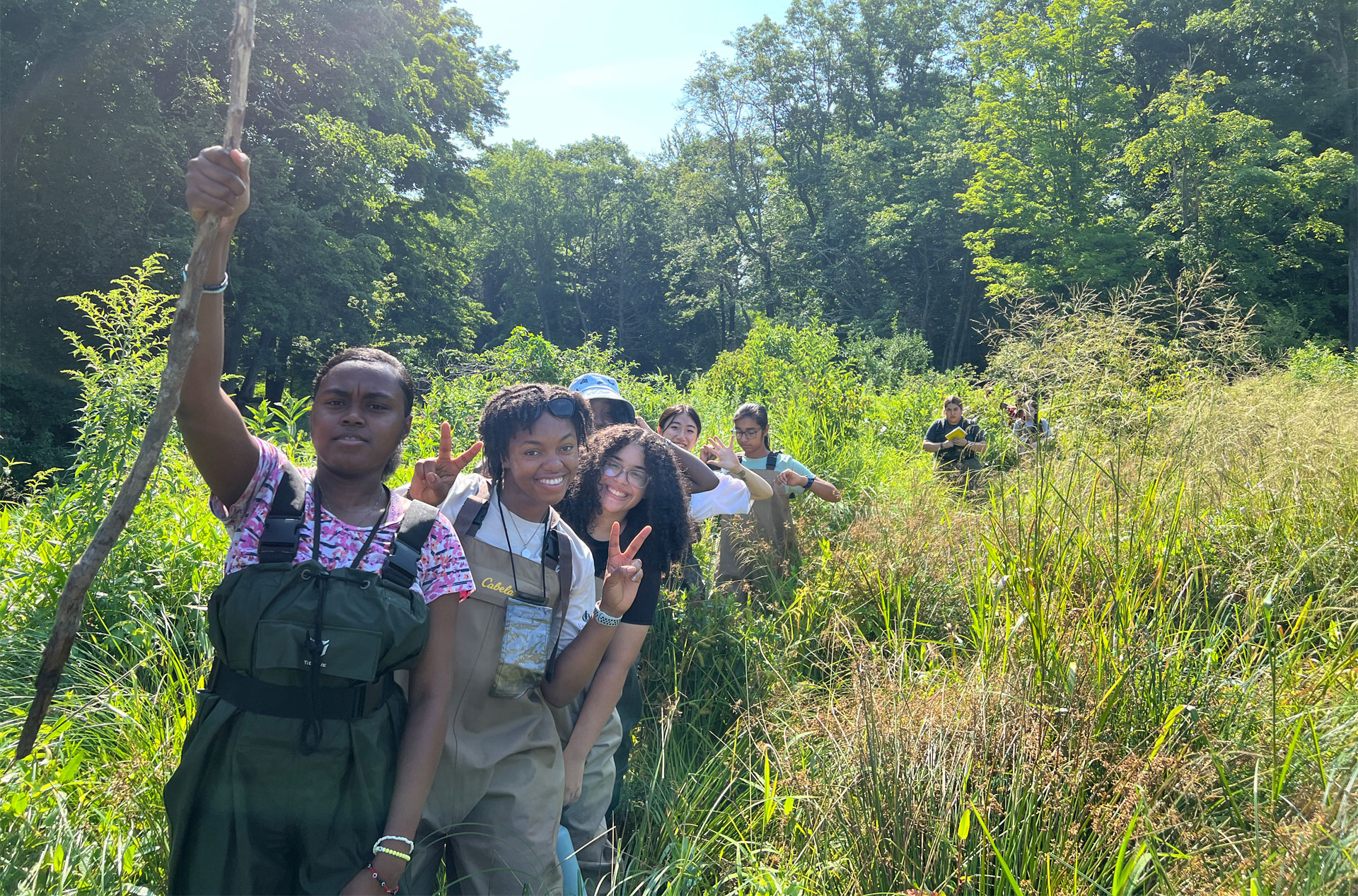
The NRCA Difference Maker Mentors (DMM) program consists of 10-month leadership positions for UConn undergraduate students. As Difference Maker Mentors, undergraduate students serve as program leaders of the CAP field experience and near-peer mentors to CAP teens. The program is seeking undergraduate students from diverse majors and backgrounds who are interested in mentoring teens, working collaboratively on projects that benefit local communities and environments, and implementing culturally sustaining, equitable and inclusive environmental practices.
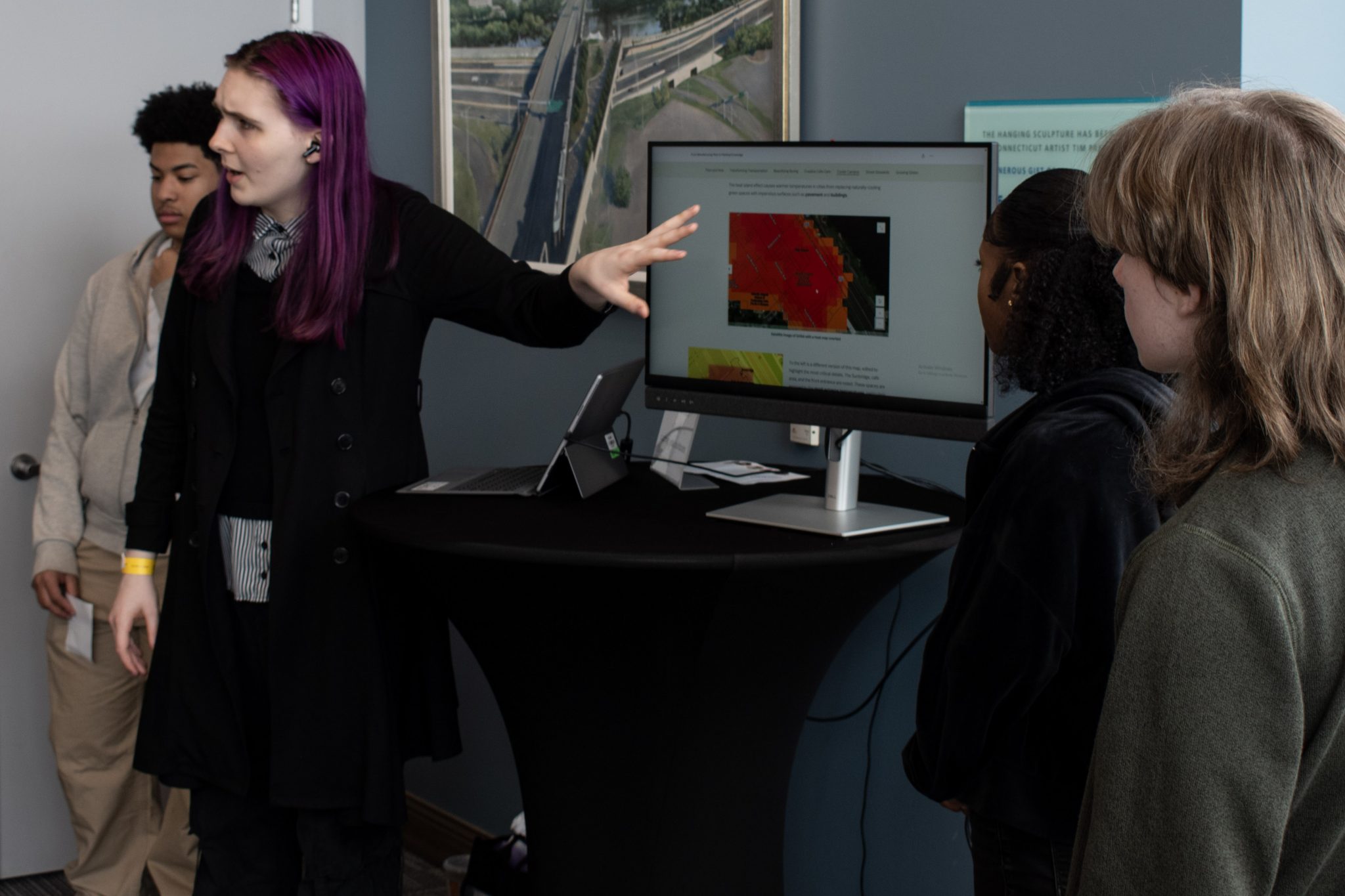
The NRCA Eco-Digital Storytellers (EDS) program engages high school student-teacher "pods" in creating digital media projects focused on local environmental issues. Running from October to April, EDS combines storytelling with tools like animation, filmmaking, and mapping. Through field trips and classroom visits, students build skills, explore their environment, and develop creative, community-focused projects.
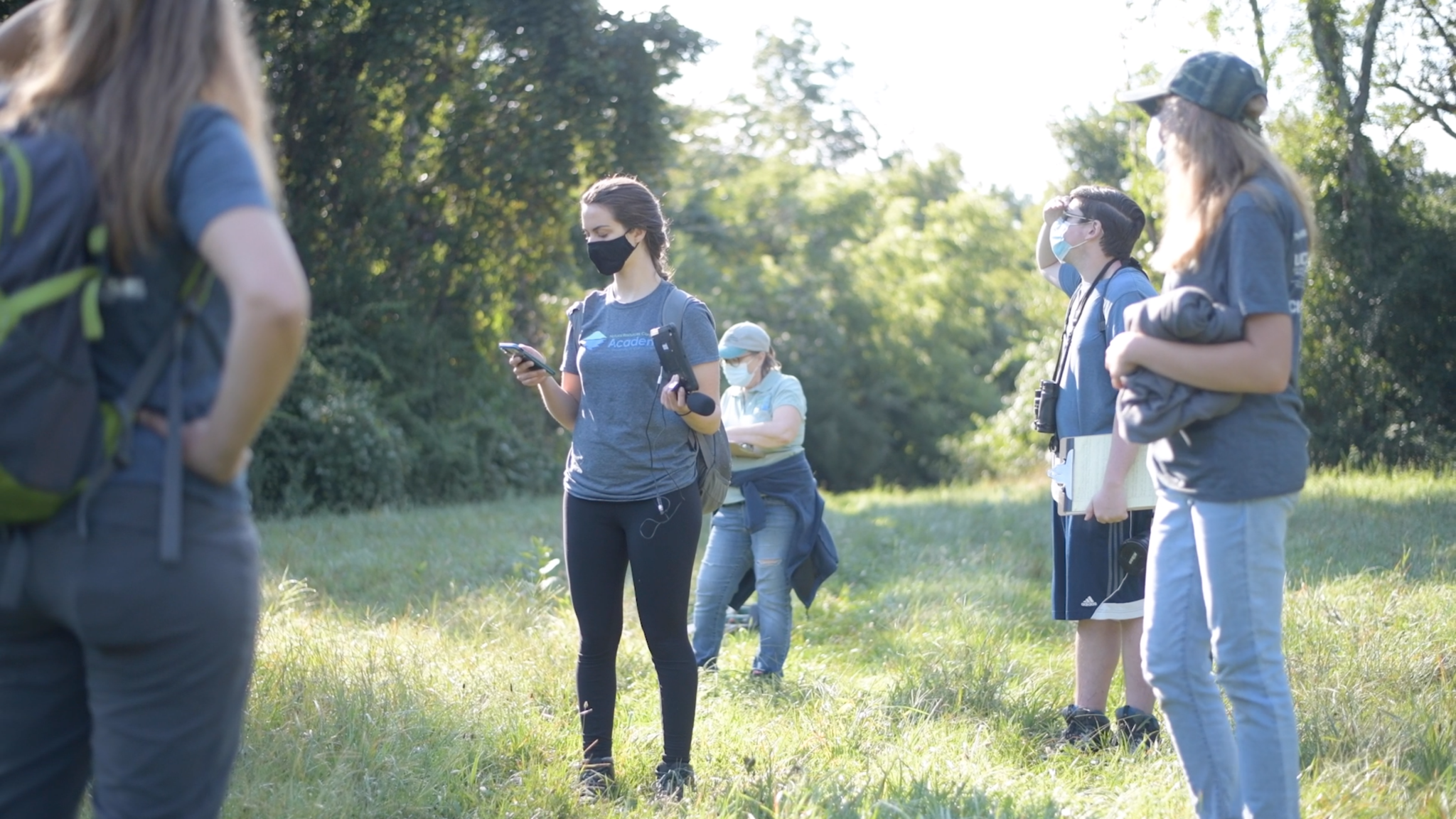
The NRCA Conservation Training Partnerships (CTP) program program patners teens with adult community volunteers to address local environmental issues. After a two-day field workshop where they learn to use mapping and web tools, teams plan and carry out a conservation project in their hometowns. CTP instructors provide ongoing support, and teams showcase their work at a March event through posters, StoryMaps, or videos.
